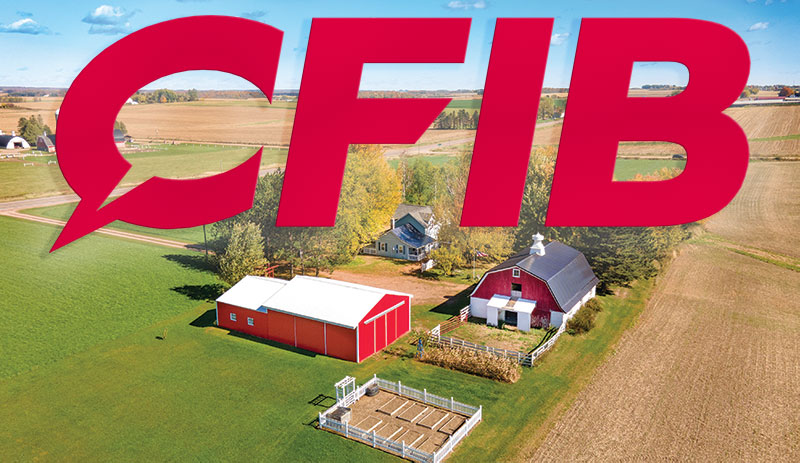CFIB report: CFIA burden rising for small businesses

A new report from the Canadian Federation of Independent Business (CFIB) finds that the Canadian Food Inspection Agency (CFIA) has been adding costs, regulatory burden and significant stress onto small businesses over the past five years
The third edition of CFIB’s CFIA Report Card: Assessing Regulatory Burden and Service Delivery finds that nearly three in five (58%) small business owners say red tape associated with the CFIA has increased between 2019 and 2024.
The overall amount of paperwork and the frequency of regulatory changes were the key pain points small businesses reported.
“Small business owners know the importance of food safety. They want to comply with regulations but to do that, they need clear guidance and support. SMEs should not have to hire a lawyer or a consultant to help them understand and comply with food safety regulations,” said Juliette Nicolaÿ, CFIB’s policy analyst and the report’s author. “The CFIA needs to modernize its regulatory approach and properly reflect the realities of running a small business.”
Over half (59%) of small firms also said the CFIA or governments do not adequately consider SMEs when designing regulations, and another 54% said the CFIA didn’t value their feedback. While a quarter (25%) of small business owners reported the CFIA’s overall service as “good”, 26% reported it as poor. SMEs are not satisfied with the quality of customer service they receive from the CFIA. Digital tools are not meeting their needs, CFIA agents do not provide adequate support, and businesses often report inconsistencies between inspections or inspectors.
“The agency has taken some steps to try to address small business concerns, but much more works needs to be done. Now is the time to do it, especially with Ottawa’s commitment to reduce red tape across government,” Nicolaÿ said.
To make it easier for small businesses to comply, CFIB recommends the CFIA:
- Expand the scope of the Administrative Burden Baseline to include legislation, policies and guidelines
- Reduce the level of fees
- Reduce the total number of regulations by introducing a “2 for 1” rule
- Simplify existing regulations and guidance
- Clearly and proactively communicate regulatory changes to small businesses
- Improve customer service and make resources and online tools more user-friendly
- Facilitate internal trade of food products
“Small businesses are proud to deliver safe, high quality Canadian food,” said Christina Santini, CFIB’s director of national affairs. “They’re not asking the CFIA to compromise safety standards; they’re asking for clearer and fairer rules that don’t punish them for being small. We look to the federal government to keep its promise to cut red tape.”












